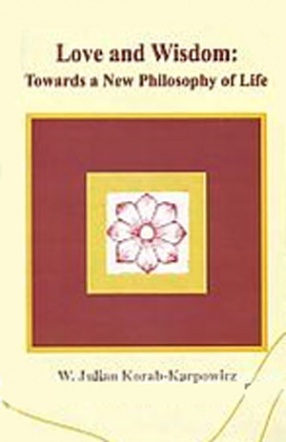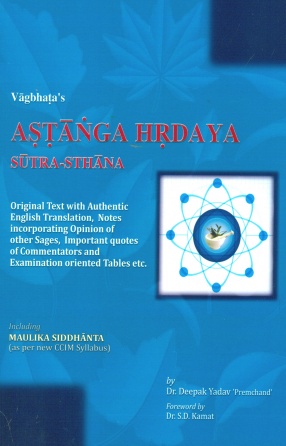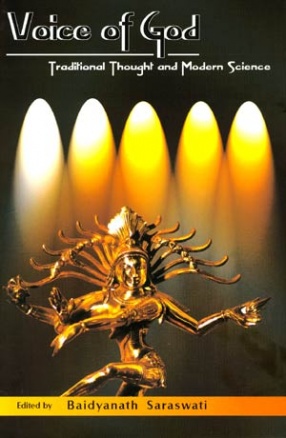"Cultures, religions, ideologies, nationalities, particular interests: they all divide us. Let us find a common ground. This is life itself."
In this collection of essays, the author develops a new philosophy of life, which he claims actually has a long tradition. It goes back to some ancient Western thinkers, such as the Milesians, Heraclitus, Empedocles and Plato, for whom philosophy presupposes an affective engagement with the world and not merely its theoretical description or explanation. This classical tradition has been challenged by ideas of modernity, particularly by the idea that modern scientific knowledge is the highest form of human knowledge. However, as the author argues, this idea is questionable. In his view, scientific knowledge is merely a partial knowledge. Science looks at the world indifferently as if it were an object, an "It", but in fact the world is not that. Love, an affective engagement, and not indifference, is the way to full knowledge. Furthermore, it is love that fosters life and brings all things into unity. Love and life are thus closely connected. Life is the central concept around which humanity can unite, forming a unity in diversity. The author believes that global solidarity among human beings can be achieved if there is a growing common understanding of what is right for life.





There are no reviews yet.